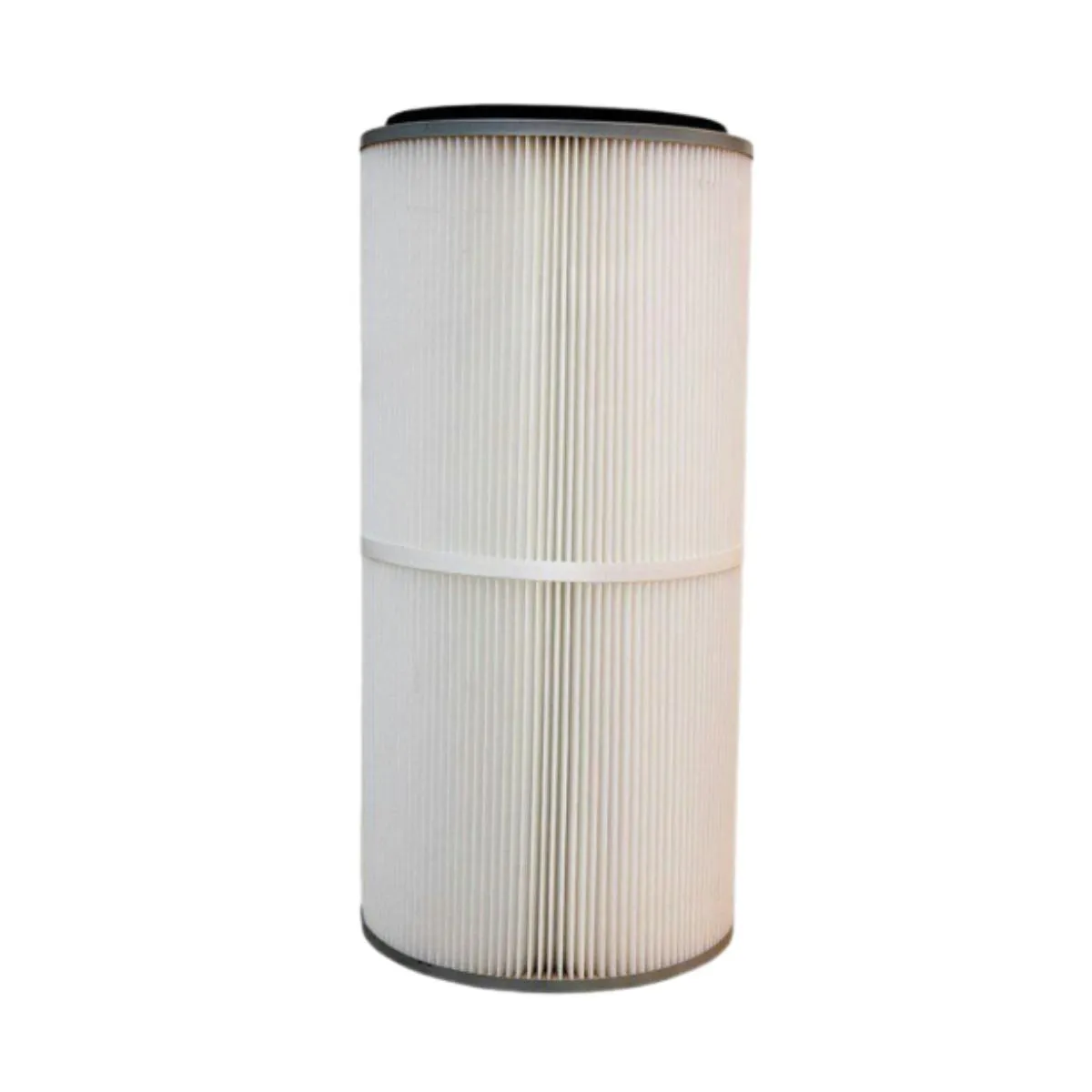 Tel:
+8615930870079
Tel:
+8615930870079
אוג . 17, 2024 09:59 Back to list
High-Efficiency HEPA Cartridge Filters for Enhanced Air Purification Solutions
Understanding HEPA Cartridge Filters An Essential Guide
In today's world, maintaining indoor air quality has become a paramount concern for many individuals and businesses alike. The presence of dust, allergens, and other harmful particles in the air can significantly impact health and well-being. This is where HEPA (High-Efficiency Particulate Air) cartridge filters come into play, playing a crucial role in air purification and ensuring a healthier environment.
What is a HEPA Cartridge Filter?
A HEPA cartridge filter is a specialized type of air filter designed to remove a minimum of 99.97% of airborne particles that are 0.3 microns in size. This includes dust, pollen, mold spores, and pet dander, making it an effective solution for allergy sufferers and asthmatics. The term HEPA is often synonymous with high-quality air filtration, and these filters are typically used in vacuum cleaners, air purifiers, and HVAC systems.
How Does It Work?
The effectiveness of HEPA filters lies in their construction. They are made from a mat of randomly arranged fibers, often composed of fiberglass. When air passes through the filter, particles become trapped through several mechanisms interception, inertial impaction, and diffusion. This multi-faceted approach allows HEPA filters to capture a wide range of particulate sizes, ensuring that the air leaving the filter is much cleaner than the air entering it.
Benefits of HEPA Cartridge Filters
1. Improved Air Quality The primary benefit of using HEPA filters is the significant enhancement in air quality. By capturing allergens and pollutants, these filters help reduce symptoms associated with respiratory conditions, offering relief to those with allergies or asthma.
hepa cartridge filter

2. Versatility HEPA cartridge filters are versatile and can be used in various settings, including homes, offices, hospitals, and industrial environments. Their ability to adapt to different systems makes them a popular choice for air purification.
3. Energy Efficiency Although HEPA filters are highly efficient, they are also designed to minimize airflow resistance. This means that air systems can operate more efficiently, reducing energy consumption while maintaining optimal performance.
4. Longevity and Cost-Effectiveness While HEPA filters may have a higher upfront cost than standard filters, their lifespan is often much longer. Many HEPA filters are designed to last for several months to a year, depending on usage and environmental factors, making them a cost-effective solution over time.
Maintenance and Replacement
To maximize the efficiency of a HEPA cartridge filter, regular maintenance is essential. Filters should be checked periodically and replaced according to the manufacturer's recommendations or when they become visibly dirty. Neglecting to replace a HEPA filter can lead to a decrease in performance and may even allow particles to re-enter the air, negating the benefits of filtration.
Conclusion
In summary, HEPA cartridge filters are an essential component of modern air purification systems. Their ability to capture a wide range of airborne particles makes them invaluable for improving indoor air quality and protecting individuals from allergens and harmful pollutants. Whether in a home, office, or healthcare facility, investing in HEPA filters is a proactive step toward creating a healthier, cleaner environment. With proper maintenance and timely replacements, these filters can significantly enhance the air we breathe, contributing to better health and well-being for all.
-
Types and Applications of Air Filtration CartridgesNewsJul.28,2025
-
The Role of Gas Turbine FiltersNewsJul.28,2025
-
Mastering Air Filter Cartridge UseNewsJul.28,2025
-
Advanced Turbine Filters for Modern Gas TurbinesNewsJul.28,2025
-
Cellulose Air Filter Cartridge Advantages in Dust FiltrationNewsJul.28,2025
-
Cellulose Filters for Air Particle ReductionNewsJul.28,2025

 Email:
Email:





